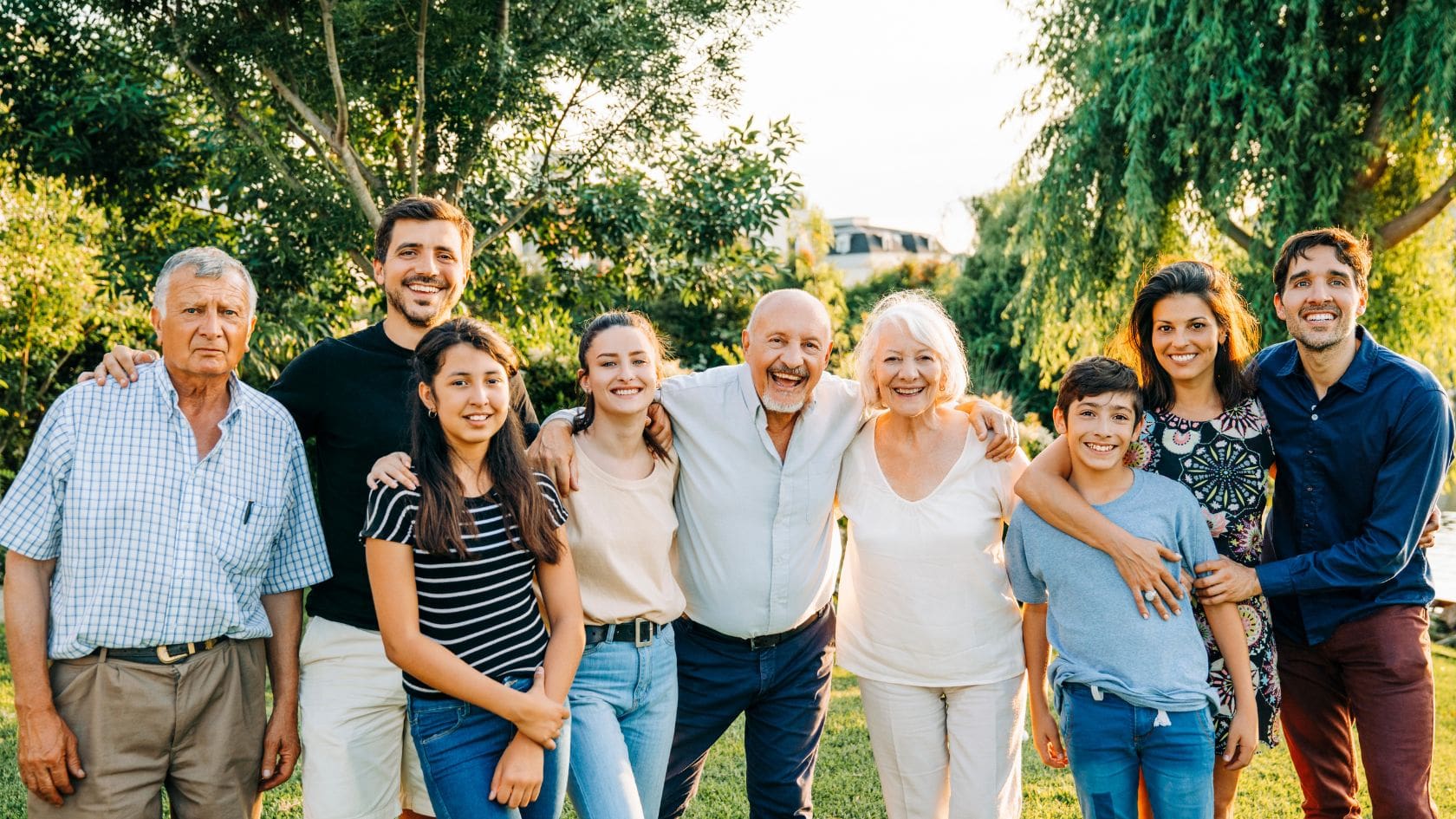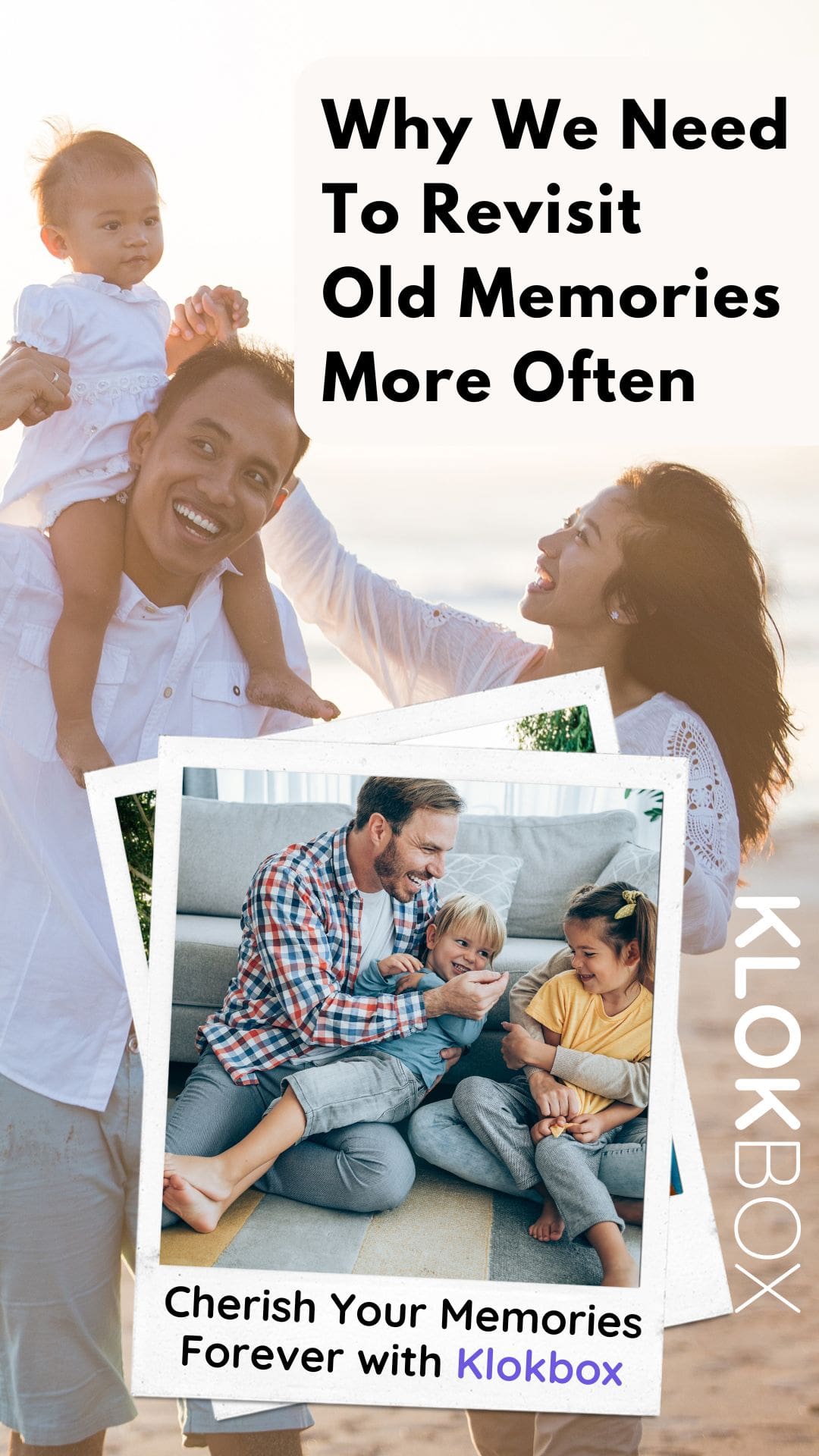Memories shape who we are. Revisiting old memories helps us feel happier and more connected. When we relive old memories, our brain releases feel-good chemicals. Recall moments of joy to reduce stress and negativity. Don’t let precious memories fade or forget how they made you feel. Find out in this blog post why you should start reliving your happy memories today!
Key Takeaways
How We Benefit When We Revisit Old Memories
Revisiting old memories can bring healing and growth. Positive memories help us relive joy and happiness, strengthening emotional well-being. Memories, even painful ones, can teach us valuable lessons. Here’s how revisiting the past can benefit us:
- Regulate emotions. Practising mindfulness while recalling memories reduces stress and activates the hippocampus for emotional balance.
- Reconcile trauma. Techniques like EMDR help retrieve and process suppressed memories, making emotional pain more manageable.
- Strengthen connections. Sharing happy experiences with loved ones deepens bonds and keeps long-forgotten moments alive.
- Learn and grow. Reflecting on past mistakes helps us embrace the present moment and avoid repeating them.
Whether it’s remembering kindergarten giggles or processing bad experiences, revisiting old memories can infuse our lives with clarity and resilience.

How Revisiting Old Memories Can Transform Your Mood
Revisiting old memories can uplift your mood. Positive memories activate the cortex and amygdala, releasing feel-good emotions. Scientists discovered that even bad memories, when revisited consciously, help us let go of pain and embarrassment. Whether it’s recalling elementary school laughter or overcoming a stressful event, each memory might hold lessons.
- Transforming bad memories. Traumatic memories may still feel vivid but retrieving them consciously helps create a pathway for healing.
- Creating new memories. Revisiting the past infuses the present with gratitude and helps us learn new emotional resilience.
- Living in the present. Reflecting on life experiences helps us stop ruminating on the past and embrace joy today.
Even if memories are usually inaccessible, a small cue like a photo or notebook can take you back in time.
Happy Memories Stay With Us Longer
Happy memories stay with us longer because they create strong emotional connections in the brain. Whether it’s a joyful flashback or vivid places of memory, they make us smile and feel grateful. Scientists at the School of Medicine discovered that positive past events are easier to retrieve, even subconsciously.
Unlike traumatic memories, happy memories inhibit stress and may actually strengthen our ability to regulate emotions in tandem. We need to remember these moments to balance the challenges of life.
The memories of certain joyful times, like a carefree period of our lives, vividly shape our perspective and bring lasting happiness.

Breaking Free from Negative Emotions Through Memory Retrieval
Breaking free from negative emotions starts with learning to retrieve memories in a safe, structured way. Therapists often use techniques like Eye Movement Desensitization and Reprocessing (EMDR) to help process traumatic experiences.
We may never really remember certain kinds of memories stored in the subconscious, but they affect us. Negative emotions, like feeling bullied or frozen in fear, can deplete our energy.
By addressing these, we learn and grow.
Scientists found that when mice were put in a box, they could probably remember stressful cues, but with guidance, they learned to overcome fear. Similarly, we can revisit and reframe difficult memories to heal and move forward.
Honouring the Past by Cherishing Memories
Honouring the past means cherishing the lessons and joy our memories bring. We need to learn from moments when we make mistakes and celebrate the ones that bring happiness. Quite often, revisiting these memories helps us grow emotionally.
Memories strengthen synaptic connections in the brain, making them more vivid over time. Even in cases of post-traumatic stress disorder, revisiting positive experiences can provide comfort and healing. Remember things that shaped you and let those memories inspire your present and future.
How Klokbox Simplifies Memory Reliving and Sharing
Klokbox makes reliving and sharing memories effortless. This app organizes photos, videos, and audio into personalized story boxes.
Sharing is secure and private, ensuring your memories reach only the people you trust. Reliving moments becomes interactive with features like audio overlays, adding a personal touch.
With Klokbox, cherishing life’s best moments is easy, enjoyable, and always at your fingertips.
Why Create Story Boxes and Revisit Old Memories on Klokbox
Creating story boxes on Klokbox helps you revisit old memories in a fun, organized, and meaningful way.
Each story box combines photos, videos, and audio to vividly capture your experiences. Reliving these memories strengthens emotional connections and boosts happiness.
With Klokbox’s secure sharing, your cherished moments reach only those you choose.
Start preserving your stories effortlessly today!
Conclusion: Honour, Share and Revisit Old Memories with Klokbox
Honouring and sharing your memories brings joy and connection. With Klokbox, revisiting old memories becomes simple and meaningful.
Organize your moments into story boxes, relive happy times, and securely share them with loved ones.
Don’t let your cherished memories fade—capture, preserve, and revisit them easily with Klokbox today!

Revisiting old memories means recalling past events or experiences to relive emotions, learn, or find joy.
When old memories come back, it’s called memory retrieval or a flashback, often triggered by sensory cues.
You revisit old memories by looking at photos, listening to music, journaling, or using tools like Klokbox.



